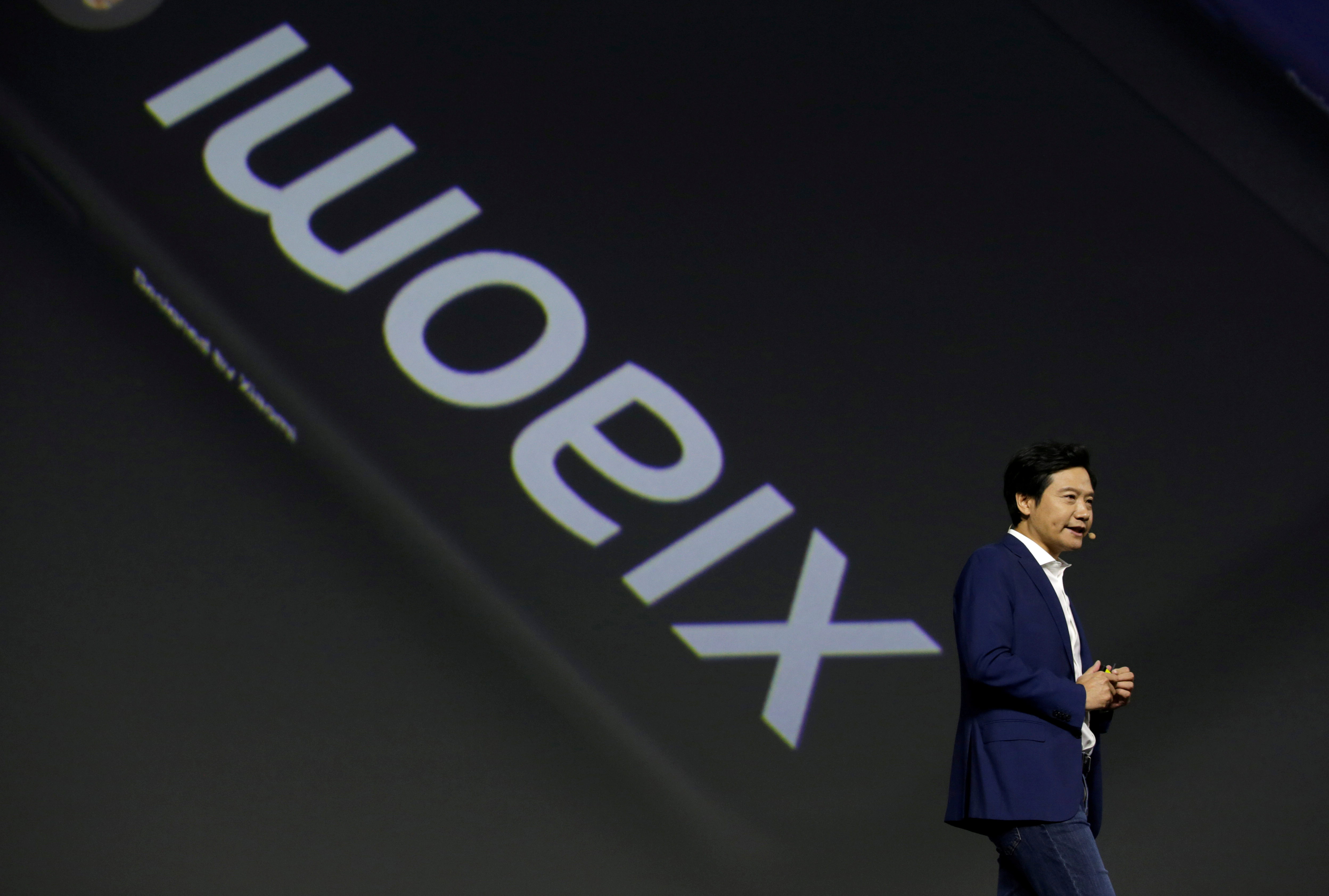(ATF) With 108 billion yuan (US$16.5 billion) cash in hand, Xiaomi has recently entered the auto industry with a high-profile move and it is also repurchasing the company’s shares in another big play.
On April 13, Xiaomi Group repurchased just over 16 million of the company’s shares at a cost of HK$398 million. Since March 31 this year, the group has repurchased a total of 120 million shares at a cost of HK$3.09 billion (nearly US$400 million), which is 30% of its target of HK$10 billion.
Securities Times reported recently that with the continuous correction of core asset stocks, many companies have rushed to buy back shares this year. Gree Electric began the second phase of a repurchase in October last year. Indeed, the company has spent tens of billions of yuan since its first repurchase last year.
Midea Group launched the largest repurchase in the history of A-share markets on February 23 this year. In just over a month, Midea Group repurchased 8.66 billion yuan worth of stock, up till April 3.
Industry analysts believe that stock repurchases have become one of the best options for listed companies to maintain their stock price and boost investor confidence. However, judging from the stocks of companies that have recently implemented share repurchases, some have a clear role in boosting the rise, while some have “declined instead of rising”.
Controversy after listing as ‘military-linked’ company
Meanwhile, there have been constant updates about Xiaomi, including news of self-developed chips leaking out before the new product launch, and news about the group making cars. There are different opinions in the industry about all this.
The share price of Xiaomi has fluctuated since January, after it hit an all-time high of HK$35.9 on January 6. The share price fell to HK$25 recently, so it has seen a cumulative decline of nearly 30% over the last three months.
Industry insiders believe that this suggests investors are concerned about the US Department of Defence’s inclusion on January 14 of Xiaomi Group on its list of companies linked to the Chinese military.
Under the requirements of Executive Order 13959 issued by President Trump last November, US citizens cannot buy shares from 60 days after a company is listed; and stocks cannot be sold after 365 days.
Based on the US investment ban, FTSE Russell announced on March 5 that it would remove Xiaomi Group and others from its index, and confirmed that on March 10. According to calculations by CITIC Securities, if Xiaomi Group is delisted by FTSE Russell and MSCI, there could be about $1.87 billion in passive capital outflows, and that may affect the active trading behaviour of other Americans, so it may cause large trading volatility in the short term.
It is worth mentioning that the day after FTSE Russell confirmed that Xiaomi Group would be removed from its index, Xiaomi said its board of directors decided to authorise a stock repurchase, to the company could buy back shares in the open market. Then on March 12, there was another turning point, when a federal judge in the US District of Columbia issued a preliminary injunction against Xiaomi being included on the Defence Department list, saying that evidence presented to the court failed to confirm that Xiaomi was a “company related to the Chinese military.”
To date, Xiaomi has repurchased its shares more than 40 times. When the company listed, CEO Lei Jun said: “We want investors who bought Xiaomi shares on the first day of listing to make double the profit.” But its shares fell below the issue price on the day of listing, and then only won a short-term rise. And it has continued to fluctuate. In September 2019, Xiaomi shares fell to around HK$8, less than half its issue price of HK$17.
Lei Jun also said frankly at the Xiaomi Mi 11 conference in December 2020: “Xiaomi’s stock price has been below the issue price for two years, which is rather embarrassing to be honest.”
Under the company’s continued repurchase plan, the share price of Xiaomi ushered in a rebound from December 2019 to February 2020. However, during the Chinese New Year in 2020, the Covid epidemic caused major volatility in global stock markets, and the group’s share price fell back to HK$9.
So Xiaomi repurchased when its stock price was down.
The ‘price butcher’
Xiaomi has been known as the “price butcher”, mainly because it has been active in the mobile phone market and telling consumers since its inception they will get a high-cost performance at a low price. Indeed, the price of Xiaomi mobile phones are hundreds or even thousands of yuan lower than its competitors. Lei Jun once announced that the comprehensive net profit margin of Xiaomi’s hardware products would never exceed 5%, so that consumers around the world can “enjoy the fun of technology”.
But last year, Xiaomi tried to enter the high-end market, and the image of Xiaomi’s “mid-to-low-end” has slowly changed. In 2020, the stock price rose the most since Xiaomi Group went public, with a cumulative increase of more than 200% throughout the year. But this year, its stock price has dropped more than 20% due to some of the factors mentioned above.
Industry insiders believe that stock repurchases can boost market confidence in a short period of time and increase the share price to a certain extent, but the company’s product profit and core competitiveness are barriers to the company’s stock price stability.
An abundant cash flow is one of the necessary conditions for stock repurchases. At the end of last month, when Xiaomi announced its entry into electric vehicles, Lei Jun announced that as of the end of 2020, the company had a cash balance of 108 billion yuan – which is exactly what Xiaomi has recently made. So that sum has been utilised to support share repurchases.
























